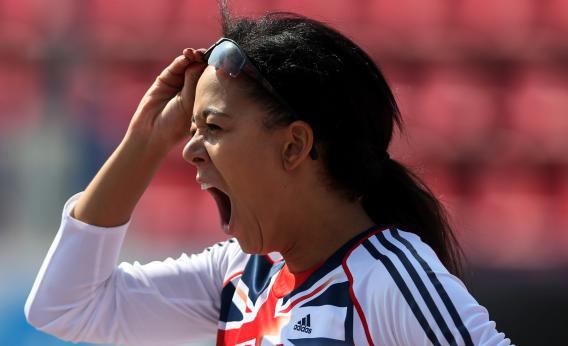A warm hello from the “let’s not police facial expressions” brigade. We are back. This time, we’d like to address the not-uncommon observation made to both men and women, often during moments of vulnerability, that “you look tired.” Intentions aside, you cannot win with this statement. It comes across less like concern than condescension. Whether or not it proves factually accurate, it implies that the person who “looks tired” doesn’t have it together, that her palpable weariness is setting her apart from the shiny, happy herd, that whatever she’s doing is probably “not her best work” because she isn’t “putting her best foot forward” because she wishes she was in bed.
Urban Dictionary, presaging the scientific point this post is about to make, glosses the bit of solicitous unpleasantry as “a politically correct way to say you look like shit.”
(To be fair, in certain situations, with certain people, being told you look tired/terrible is an acceptable price for sympathy. But one must apply this knowledge with extreme circumspection.)
As the Atlantic’s James Hamblin reported Wednesday, researchers from the University of Stockholm have confirmed what we already knew: Sleep-deprived people are perceived as less attractive, less healthy, and sadder than those who have luxuriated in the yearned-for eight hours.
Scientists led by John Axelsson and Tina Sundelin photographed 23 healthy adults, once after a full night’s slumber and once after 31 hours of wakefulness. They then asked 65 “untrained observers” to rate the pictures on scales of listlessness, dejection, and ten metrics of physical beauty.
Unsurprisingly, the weary participants were perceived as having “more hanging eyelids, redder eyes, more swollen eyes and darker circles under the eyes.” Sleep-deprived subjects were also perceived as “being sadder and having paler skin, more wrinkles or fine lines, and more droopy corners of the mouth,” Hamblin writes. He wonders, noting our sensitivity to evidence of fatigue in others, whether such receptiveness betrays an inborn empathy (poor tired person!) or a Machiavellian knack for “exploiting weakness.” (Sitting duck.)
That is what I wonder too, when someone I barely know informs me that I’ve raised her evolutionary “tired person” antenna. Is she expressing genuine or even just polite concern for my well-being, or gloating on some primeval dawn-of-time level that I can’t run away from her fast enough? When, after waiting for the metro for 25 minutes one night this week, I decided to spring for a cab at 11 p.m., was the driver courteously validating my dumb splurge by telling me how pooped I looked? Or rudely treating me like a wilting flower? Or just dispassionately letting me know what I looked like? Do some think it’s a service to update us on what image we’re projecting in a given moment, perhaps so that we can self-correct if we seem too gloomy or disengaged?
“People are capable of detecting sleep loss related facial cues, and these cues modify judgments of another’s health and attractiveness,” the researchers write. Hopefully “you look tired” is not just an insidious way to nudge our appearances toward a cheerful, aesthetically pleasing ideal. That social police work is so…tired.
